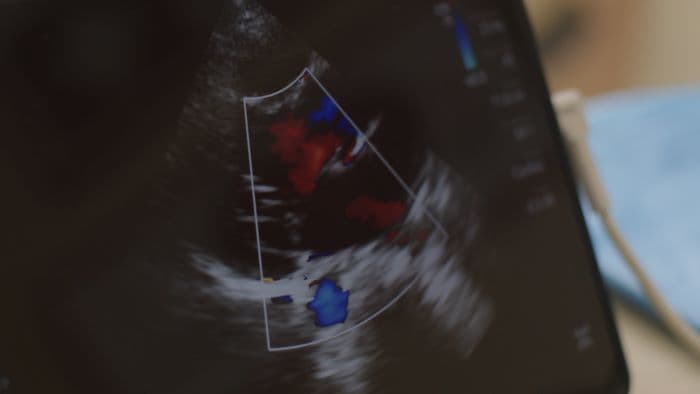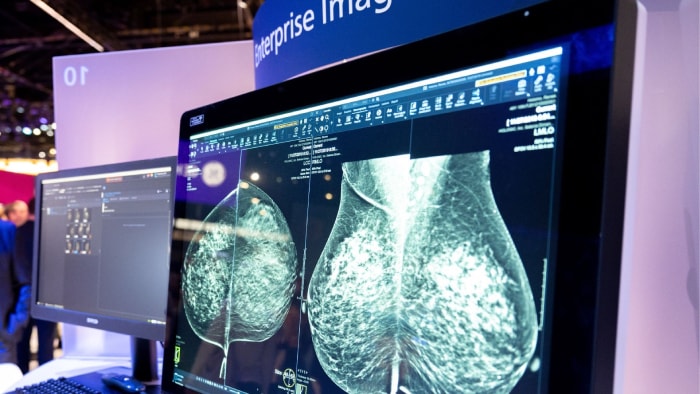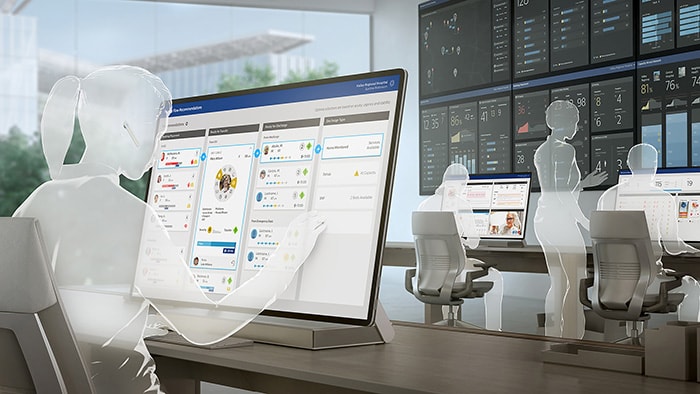Jun 15, 2017
Philips Future Health Index reveals Singaporeans underestimate adoption of connected care technology
Survey also shows the need for more focus on preventive healthcare
Singapore – Royal Philips (NYSE: PHG, AEX: PHIA), a global leader in health technology, has today released its second annual Future Health Index (FHI) study to better understand the readiness of Singapore’s health system to cope with the increasing burdens of an ageing population and rise in chronic conditions. The study spans across 19 countries around the world, including Singapore. The study finds that the majority of Singaporeans are currently content in the adequacy of their healthcare system with nearly two-thirds (63%) agreeing that the healthcare available to them meets their needs, and more than three quarters (76%) agreeing that they have access to the information and resources needed to live healthily. However, despite the Ministry of Health announcing just last month that Singapore is on track to having one of the most IT-enabled healthcare systems globally by 2021, Philips’ study identifies a significant gap between healthcare professionals’ and the general population’s perceptions, and the reality of the readiness of Singapore’s health system for the future. The study also highlights the need for more focus on preventive healthcare for a sustainable health system.
Singapore’s perception gap
The FHI study measures how Singapore’s general population and healthcare professionals perceive the adoption of connected care technologies – such as health-related trackers, wearables, home health monitoring devices, live electronic communication between patients and doctors and remote patient monitoring - in addition to access to healthcare and integration of health systems. It compares this to the reality of how well the system is set up for the future, based on indicators from the World Health Organization (WHO), World Bank, and International Data Corporation (IDC). The study finds that Singaporeans greatly underestimate how widely connected care technology is being adopted by Singapore’s health system, with Singapore recording one of the biggest perception gaps in the adoption of connected care technology, out of the 19 countries polled, coming in third only behind Australia and France.
One of the chief barriers to greater adoption of connected care technologies among Singapore’s general population is the lack of understanding of what these care technologies are. 35% of Singaporeans polled said that they are unknowledgeable about connected care technologies that are currently used in Singapore’s health system. While it is encouraging to see from the study that Singapore’s adoption of connected care technologies is in reality higher than what the general population thinks, this perception gap needs to be urgently addressed to allow Singapore to design a clear plan for future healthcare development.”
Ms. Caroline Clarke
CEO, Philips ASEAN Pacific
Barriers to adoption of connected care
Both the general population and healthcare professionals polled in Singapore recognize the potential benefits of connected care technology across the healthcare continuum; connected care technology is most often seen as important for improving elderly healthcare services/services for geriatric care (84% and 90%, respectively), treatment of medical issues (82% and 84%, respectively), home care services (78% and 84%, respectively) and diagnosis of medical conditions (81% and 79%, respectively). Yet despite this, the FHI study reveals that a number of barriers remain to wider adoption. For healthcare professionals, the biggest potential barrier to wider adoption of connected care technology could be the perceived cost and lack of training and knowledge about the benefits. Over half (55%) of them say that they would be more likely to use connected care technology if the costs were decreased, while 49% say that having proof that it would make processes more efficient would make them more likely to use it, and 37% say that more training for healthcare professionals is needed to increase likelihood of use. This indicates that healthcare professionals may be concerned with the quality and accuracy of data from connected care technology.
More focus needed on preventive healthcare
The FHI study also highlights an international consensus that the empowerment of patients and healthcare professionals, along with significant attention and funding for preventive care, could hold the key to sustainable health care delivery. 54% of healthcare professionals polled in Singapore agree that the majority of their time and resources should be spent on preventive care, keeping the healthy well.
Singapore, like most countries, faces a significant challenge in dealing with the impending growth of its over-70s population alongside the rise we are seeing in diabetes, hypertension, and cardiovascular diseases in younger generations. The costs of these trends will become unmanageable.”
Patricia Mechael
Principal and Policy Lead at Health Enabled, Executive Vice President at the Personal Connected Health Alliance, HIMSS and a member of the Future Health Index advisory panel
“If shifting the mind-set from reactive to proactive care can keep just one pre-diabetic from becoming diabetic, it’s a huge benefit to the individual and their family, and to the health system and its stretched resources.” said Patricia Mechael More than one-third (36%) of the healthcare professionals polled also believe accessible, secure information sharing platforms between healthcare professionals will have the most positive impact on citizens taking care of their health. But the study indicates that in Singapore, an over-reliance on the government and private sector could be hindering Singaporeans from taking more responsibility for their own health, as 66% of the general population say that they would be more likely to use connected care technology if the government subsidized or paid for it, while 38% of the general population polled also said that they would be more likely to use connected care technology if insurance companies paid for it. These sentiments were reflected across all income levels. “With chronic conditions like diabetes and cardiovascular diseases on the rise in the ASEAN and Pacific region, prevention will be key to alleviating their burden on Singapore’s health system. Greater education has a critical role to play in shifting the mindset of the general population from treatment to prevention. But the government and private sector can only do so much; Singaporeans also need to recognize that this is a very big issue and do more to help themselves. We want to encourage all Singaporeans to do their bit and to take a more active role in living healthier lives,” said Ms. Clarke. To download the Future Health Index 2017 report in its entirety, please visit https://www.futurehealthindex.com/report/2017/.
For additional Future Health Index related content, please visit https://www.futurehealthindex.com/
About Royal Philips
Royal Philips (NYSE: PHG, AEX: PHIA) is a leading health technology company focused on improving people's health and enabling better outcomes across the health continuum from healthy living and prevention, to diagnosis, treatment and home care. Philips leverages advanced technology and deep clinical and consumer insights to deliver integrated solutions. Headquartered in the Netherlands, the company is a leader in diagnostic imaging, image-guided therapy, patient monitoring and health informatics, as well as in consumer health and home care. Philips' health technology portfolio generated 2016 sales of EUR 17.4 billion and employs approximately 70,000 employees with sales and services in more than 100 countries. News about Philips can be found at www.philips.com/newscenter.
Topics
Contacts

Elaine Ng
Head of Communications
Philips ASEAN Pacific







